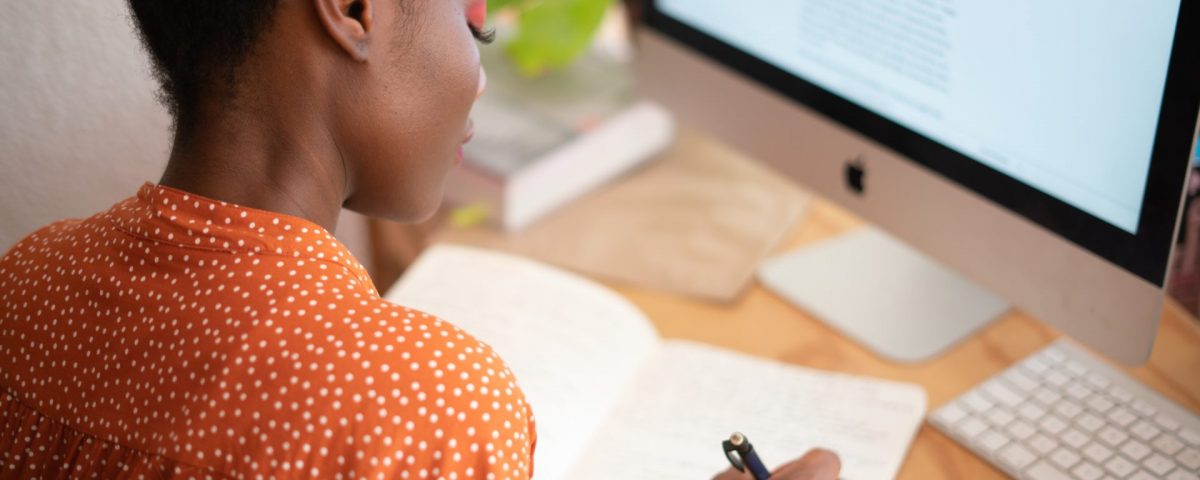- Privacy On Demand
- 020 8150 0080
- 0845 3886618
- info@priviglaze.com

Watch School Bus Renovations on TikTok Transform Into Tiny Homes | Architectural Digest
2 July 2022
Office Partitions – How to Create Privacy in an Open Work Space
2 July 2022Feel Good Friday: How understanding your distractions can optimise your work and positively impact your happiness – Workplace | Design

[ad_1]
Many of us know about the importance of focus. However, perhaps some of us don’t realise how a lack of it has a direct impact on not only our levels of productivity, but our happiness and time
The ability to focus enables us to work on projects that we feel are important and find the most fulfilling. Without it, our days can easily be filled up with other demands.
Distractions pulling us away from the very projects that bring us the most joy or steal time from other areas of our lives as we need to spend more of it working to get everything done.
When people think of focus, often being distracted by tech notifications and social media are what first comes to mind. Surely these are the top culprits stealing away moments of our time. But what if we dive in and explore a little deeper?
Read more: What is burnout and why does it matter?
Distractions actually go beyond tech and social media falling into two categories: external and internal.
Surprisingly, external distractions account for only about 10% of what keeps us unfocused. These include those tech notifications, social media, meetings, phone calls, having multiple tabs open in our browser and our to-do list.
Internal ones making up the other 90% are perhaps less obvious. We may get distracted when we’re feeling tired, have low energy, low mood, feeling stressed, when we’re avoiding dealing with certain emotions or a challenging situation, when we’re feeling bored or even lonely.
With that said, prioritising our physical and mental wellbeing will actually help us stay focused throughout the day.
Read more: Wellness is too big to be ignored — so why aren’t we paying it more attention?
It’s also worth considering that studies show we only have a finite amount of mental energy each day to focus, stay motivated and make important decisions. We are not designed to stay in states of deep focus for an entire 8 hours.
Studies also show we can only achieve deep focus work for a maximum of 4 hours on average each day. If you’re scheduled to work 8 hours then the other 4 can be used for admin, answering emails, phone calls, meetings, etc.
Understanding our distractions and being purposeful about carving out time to concentrate on the day’s most important tasks can help structure and optimise our days.
Turning off notifications, scheduling meetings outside of a dedicated focus time and batching tasks can further help with our external distractions.
Read more: 5 ideas for positive tech practices
Our internal ones may require a bit more forward planning such as prioritising our sleep, taking breaks throughout the day, fuelling our body with whole foods to avoid sugar crashes in the afternoon and getting support for our mental and emotional health.
Knowing our distractions and putting plans in place is a helpful start. If you’re still finding it difficult to concentrate, remember that we can’t be ‘on’ all of the time. If you’re having an ‘off’ day for whatever reason, be kind to yourself and give yourself permission to step away.
Often taking a simple break, having a change of scenery and returning with fresh eyes can be the reset you need. Allowing you to spend time on what matters most to you, while having a positive impact on your happiness and overall wellbeing.
Image by Pexels
[ad_2]
Source link

